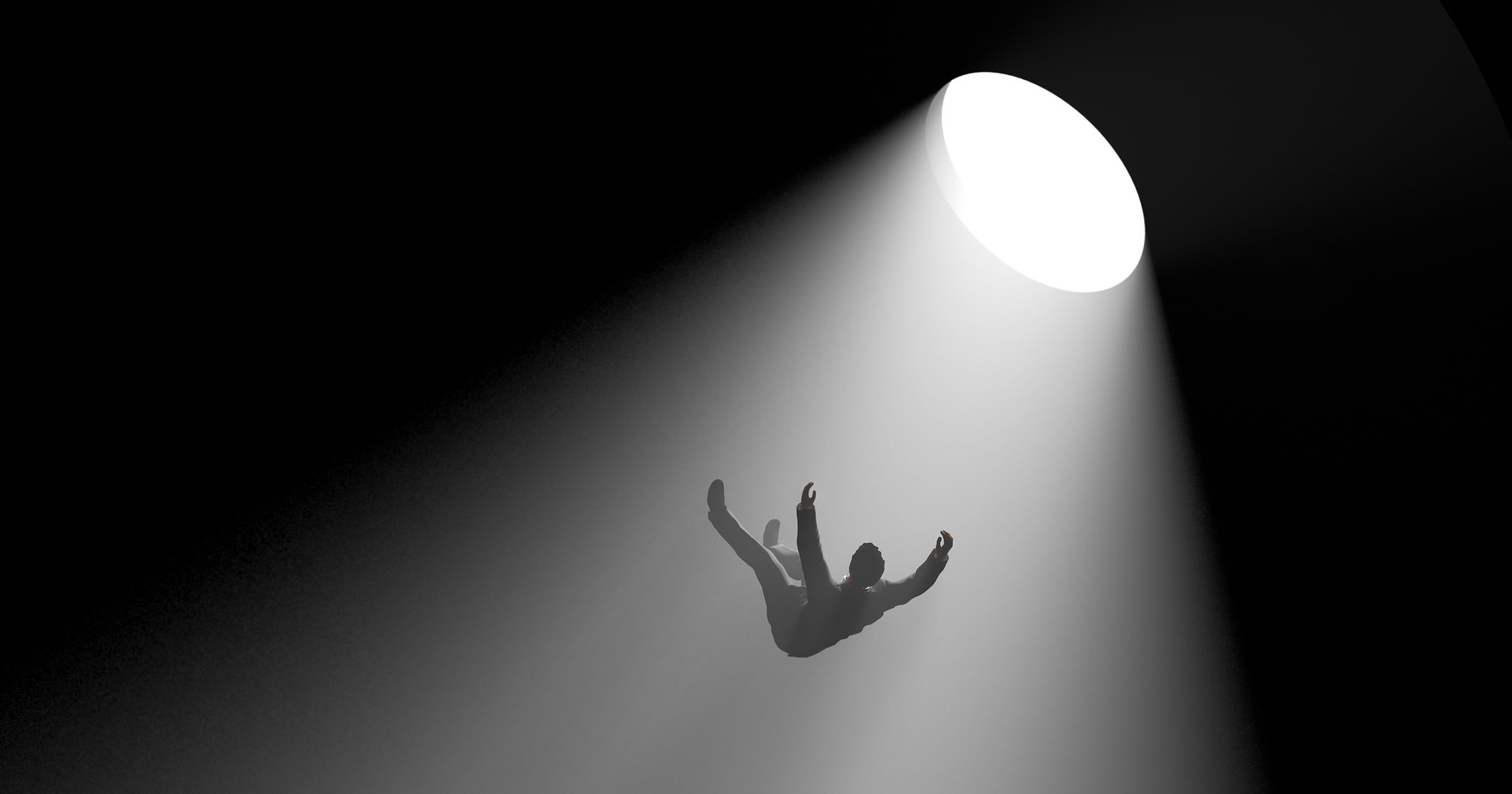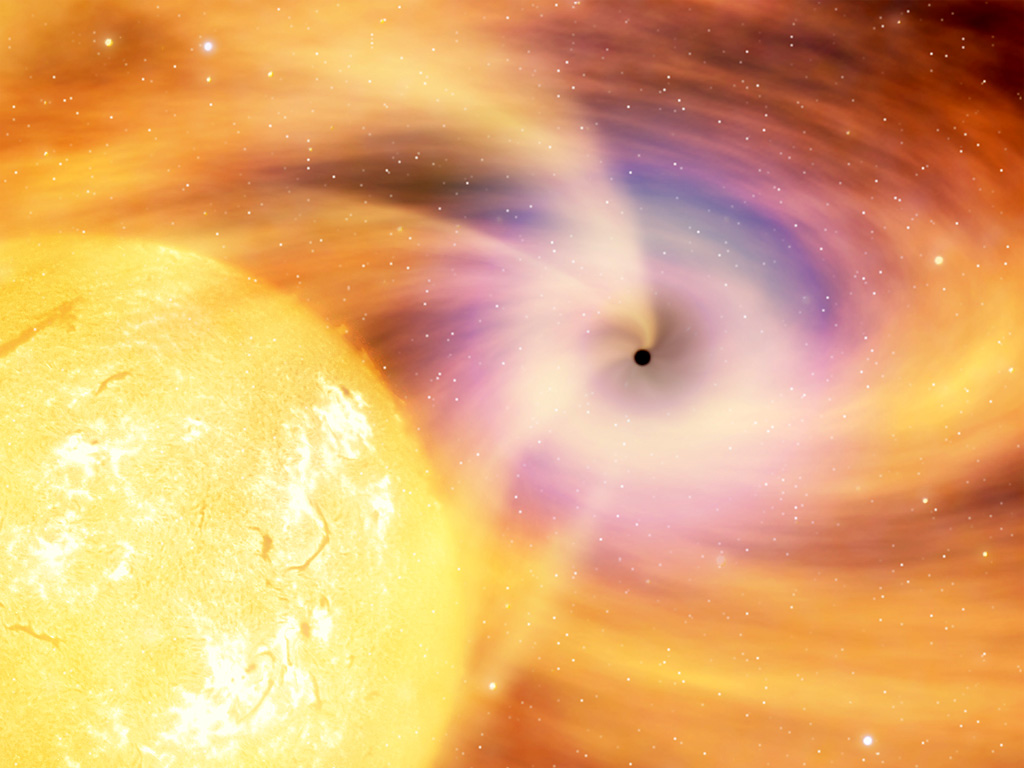

The radial size of the event horizon depends on the mass of the respective black hole and is key for a person to survive falling into one. Even light, the fastest-moving thing in our universe, cannot escape – hence the term “black hole.” Anything that passes this point will be swallowed by the black hole and forever vanish from our known universe.Īt the event horizon, the black hole’s gravity is so powerful that no amount of mechanical force can overcome or counteract it. The event horizon of a black hole is the point of no return. The second type is a supermassive black hole, with a mass of millions to even billions times greater than that of our Sun.īesides the mass difference between these two types of black holes, what also differentiates them is the distance from their center to their “event horizon” – a measure called radial distance. The first does not rotate, is electrically neutral – that is, not positively or negatively charged – and has the mass of our Sun. There are two types of black holes that are relevant to our discussion. They can vary by size and be electrically charged, the same way electrons or protons are in atoms. The universe is littered with a vast zoo of different types of black holes. They probably had an impact on the formation of human life in our own galaxy. These intriguing objects appear to be an essential ingredient in the evolution of the universe, from the Big Bang till present day. Black holes are among the most abundant astrophysical objects in our universe.

We are both physicists who study black holes, albeit from a very safe distance. However, there is a rather complicated catch: A human can do this only if the respective black hole is supermassive and isolated, and if the person entering the black hole does not expect to report the findings to anyone in the entire universe. To solve the mysteries of black holes, a human should just venture into one. Pulkeet, age 12, Bahadurgarh, Haryana, India Have your say in our news democracy.Could a human enter a black hole to study it? Stephen Hawking even once proposed that people could escape a supermassive black hole using stars.īut hopefully people won't have to worry about falling in a black hole in the near future. "Some people think that conventional physics breaks down at the event horizon, and all sorts of weird stuff happens to you-including that you possibly never manage to pierce the event horizon." Glenn Starkman, a physicist and astronomer at Case Western Reserve University, told Newsweek. In fact, no one is sure how confusing or violent the experience for one in a supermassive black hole would be. Unlike stellar black holes, supermassive ones would take much longer to cross the event horizon and it would be more peaceful.


Scientists use Albert Einstein's General Theory of Relativity and observations of black holes tearing apart stars to determine this most likely scenario when dealing with a stellar-mass black hole or one with a mass of tens of times the mass of the Sun.įortunately, no person has, or will likely, experienced spaghettification because black holes are too far away for humans to reach.īut there is some evidence to suggest that supermassive black holes would deliver a different experience. \u201cimagine discovering something as harrowing as the effect a black hole has on something and calling it something absolutely wizard like "spaghettification"\u201d - Dan Ahern \ud83c\udfae Ahern \ud83c\udfae)
#Someone falling into a black hole free#
Sign up for our free Indy100 weekly newsletter In fact, it would be so strong that while a person got sucked into a black hole they would experience a completely different perception of time and space all while being pulled vertically and condensed horizontally in a process known as "spaghettification." At this point, there is no way to escape the intense gravitational pull, not even light can pass through. Whether it's determining what one may sound like or photographing what a black hole looks like it's fascinating to understand the parts of the universe we cannot visit.īut why can't we go near a black hole? What would happen if you got sucked into one? According to scientists from NASA, it wouldn't be great.Ī person would have to reach the 'event horizon' of a black hole first in order to experience it. We hear all about black holes from astronomers and scientists who dedicate their lives to studying them. It's normal to wonder about the inexplicable things in life and for many people black holes are one of those topics that make you think "what if.".


 0 kommentar(er)
0 kommentar(er)
